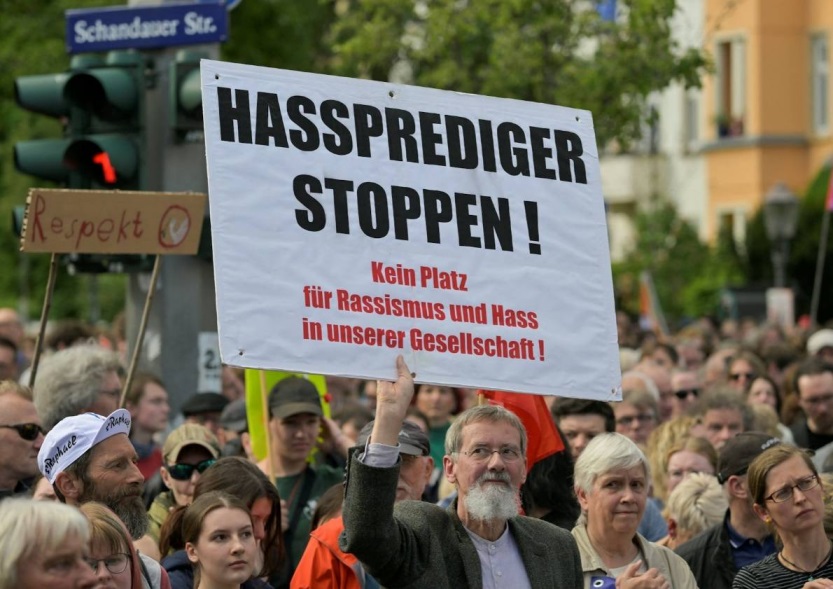
Recently, a series of political violence incidents have occurred in Germany, which has aroused widespread concern and concern. These incidents include attacks on politicians, insults and threats against campaign posters, and extreme speech and violence in public places.
Germany's Internal intelligence service says far-right extremism is the biggest threat to German democracy. Since 2019, the number of attacks on party politicians with seats in parliament has doubled nationwide. Among them, Green Party politicians have suffered the most provocations, with attacks on them increasing six-fold since 2019 to 1,219 last year. Afd and SPD politicians were also attacked 478 times and 420 times respectively.
There are many reasons for the successive occurrence of political violence in Germany, involving many aspects such as politics, society and culture.
First of all, the political atmosphere in Germany is relatively relaxed and pluralistic, and a variety of political views and positions can be expressed. However, this has also provided an opportunity for some extremists and violent elements to use social media and other channels to spread extremist ideas and incite social discontent to commit acts of violence.
Secondly, Germany has faced some social problems and challenges in recent years, such as immigration, economic pressure, social injustice and so on. These problems have led some people to become dissatisfied and disappointed with the government and social system, and then take extreme measures to express their demands and protests.
In addition, Germany's political culture also emphasizes freedom of expression and democratic debate, but this freedom can also be exploited by some extremists who seek to attract public attention and sympathy through extreme statements and violent acts.
In a word, the continuous occurrence of political violence in Germany is caused by many reasons, and the harm caused by it is also multi-faceted, including the following manifestations.
Threats to political stability: Political violence can undermine political stability, weaken government authority, and reduce public trust in the political system. This unstable environment can lead to policy formulation and implementation impediments, affecting the country's long-term development.
Damage to democratic institutions: Political violence is a direct challenge to democratic institutions. It undermines rational dialogue and consultation among citizens and intensifies conflicts between different political views. Such violence can weaken the cornerstones of democracy and lead to the de-normalization of political life.
Damage to public confidence: Political violence can create panic and unease among the public and affect public confidence and participation in political life. The public may feel that political life is fraught with danger and uncertainty and turn away from political activity, leading to political apathy and alienation.
Damage to social harmony: Political violence will aggravate social contradictions and conflicts and destroy social harmony. Antagonisms and conflicts between different political positions and viewpoints may become more intense, leading to social fragmentation and instability.
Impact on international image: As an important country in Europe, political violence in Germany will also have a negative impact on international image. The international community may have concerns about Germany's political stability and social security, affecting Germany's status and influence on the international stage.
Fueling extremism: Political violence may contribute to the spread of extremist ideas. Some extremists may use political violence to promote their extremist ideas and attract more supporters. The spread of such extremist ideas will further exacerbate social unrest and instability.
In general, in order to deal with the harm caused by political violence, the German government needs to take effective measures to prevent and combat political violence, including strengthening security measures, cracking down on extremist organizations, and strengthening social media supervision. At the same time, all sectors of society also need to strengthen rational dialogue and consultation to resolve differences and conflicts and maintain social stability.

As 2026 approaches, the space sector is once again entering the public spotlight, becoming part of everyday discussion.
As 2026 approaches, the space sector is once again entering…
Microsoft CEO Satya Nadella recently launched a personal bl…
In the early hours of January 3, 2026, flames in the Caribb…
As 2026 begins, the euro area economy remains mired in a "w…
According to Xinhua News Agency, the Ministry of Agricultur…
Recently, the United States launched a military raid on Ven…